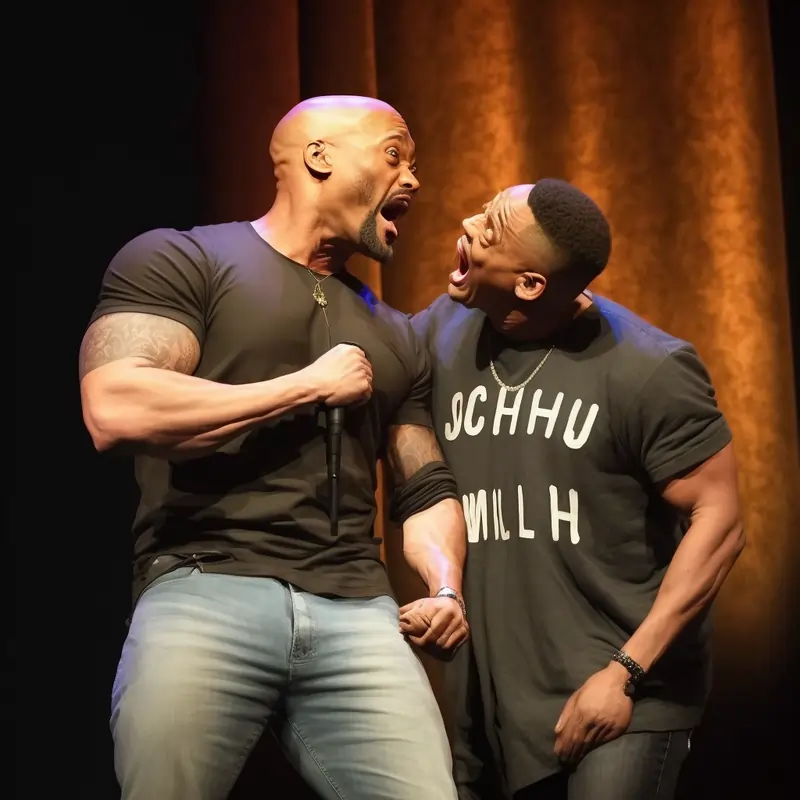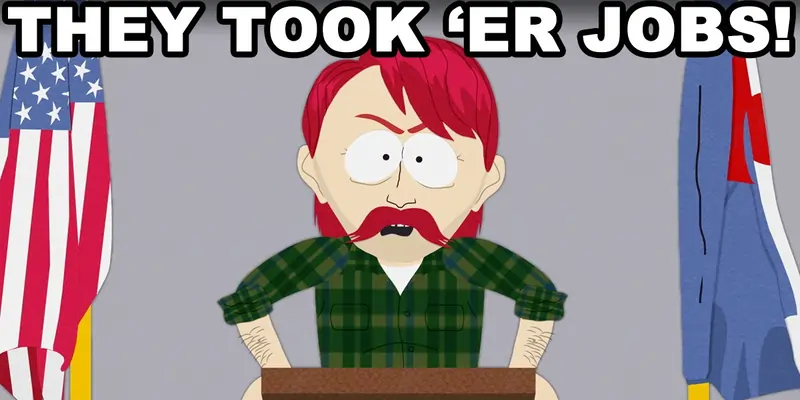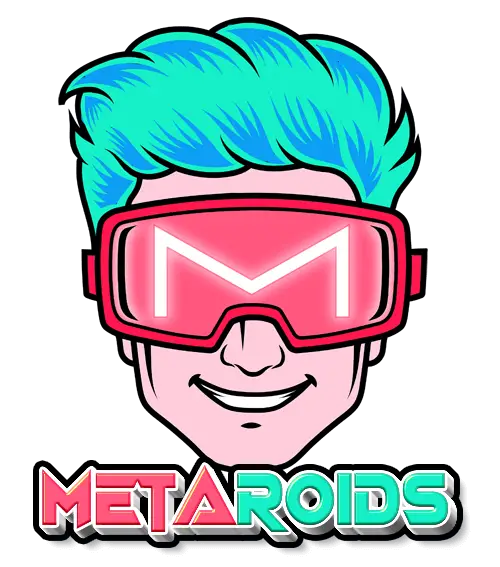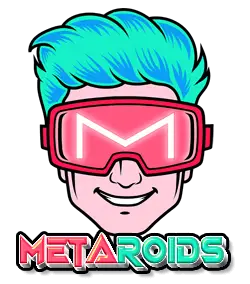As the capabilities of ChatGPT, a new artificial intelligence tool, continue to advance, Reese Waters, host of WUSA9’s Open Mic, finds himself in a state of panic in today’s show. ChatGPT, an online chatbot that can respond to almost any question or command with alarming accuracy, has raised concerns among everybody, from the police to schools, and even Google.
“It’s horrifying,” says Waters, who also happens to be a comedian. “As a creative, I see the purpose of ChatGPT as diminishing our power and our value and our worth. It’s only a matter of time before they have AI performing all of the gigs and opportunities that we used to get as thought leaders and thought provokers.”
However, it’s not clear how other entertainers across the globe really feel about ChatGPT and its potential impact on their careers. While some may share Waters’ concerns, others may be more confident in their ability to adapt and thrive in an industry that is constantly evolving.
When ChatGPT was introduced to the market in November 2022, it rapidly accumulated over a million users in just five days. In 2023, ChatGPT has risen to unprecedented heights among Internet platforms, causing even tech giant Google to issue a “code red” in response to its growing popularity. Its impressive capabilities and efficiency make it a valuable tool for creatives and techies alike.
Waters made a demo with ChatGPT on live television using the following prompt:
“Write a short story about Will Smith slapping comedian Damo Hicks while he performs at a comedy club in Shakespearan language.”
And here’s its response:
Upon the stage, Hicks did prance,
ChatGPT
With jests and japes and jests of chance,
But Will, with hand most swift,
Did smite the fool, a swift uplift,
And thus the jester’s act was through,
In language most Elizabethan true
And while we’re at it, let’s use another AI tool called Midjourney to illustrate the same prompt. And this is what we got:

Hicks’ eyebrows furrowed with a mix of skepticism and astonishment written all over his face, but he remains optimistic, stating that ChatGPT’s lack of personality and unique style will prevent it from taking the jobs of true creatives. When asked about what he thought of the story, he admits that “it was pretty clever.”
“The thing that separates us as being good comedians is our personality,” he says. “Just because ChatGPT is able to spit out words that go together does not mean it’s going to replace us.” He adds that it might be better off helping a ninth-grader get through English class.
Despite Hicks’ confidence, Waters remains gloomy, affirming that he has “no faith in humanity.” He believes that if there is a cheaper and more reliable option; one that has no personal needs, people will inevitably go for it, even if it lacks the ability to connect with an audience in the same way that a human performer can.
“I feel like it’s just a matter of time before they take our jobs,” then he goes on to mimic the South Park meme.

Based on ChatGPT’s performance so far, coupled with the fact that it is currently free to use, it could easily be adopted by any comedian looking to brainstorm ideas. Could this simply be added to a comic’s toolset in order to make better jokes? That seems plausible.
However, we weren’t satisfied so we asked ChatGPT to come up with realistic scenarios where it could replace comedians, and this is what it generated:
It’s difficult to predict exactly how ChatGPT and other AI technology will impact the world of comedy in the future. However, here are a few potential scenarios where ChatGPT could potentially replace some comedians:
- Automated comedy writing: ChatGPT and other AI tools could potentially be used to generate jokes, sketches, and other written comedy material. This could potentially lead to a reduction in the need for human comedy writers.
- Stand-up comedy: ChatGPT could potentially be used to generate stand-up comedy sets, which could be performed by AI-powered robots or virtual assistants. This could potentially lead to a reduction in the number of human stand-up comedians needed for performances.
- Online content: ChatGPT could potentially be used to generate comedy content for online platforms, such as YouTube, Twitter, or Instagram. This could potentially lead to a reduction in the number of human comedians needed to create this content.
- Comedy clubs: Some comedy clubs may opt to use ChatGPT or other AI technology to generate comedy material for their shows. This could potentially lead to a reduction in the number of human comedians needed to perform at these clubs.
If these practices catch on, ChatGPT would easily be adopted by comedy clubs and online entertainment platforms looking to cut costs. When viewed in this light, it is very likely that there will be pain among comics, especially those at the bottom of the food chain. But as Hicks points out, the good ones will probably still thrive.
It’s important to note that technology has always had the potential to disrupt industries and change the way we work. However, it has also opened up new opportunities and allowed for new forms of creativity to emerge. As with any technological advancement, it will be up to individuals to decide how they want to use it and how they want to position themselves in a rapidly changing world.
If you’re not scared of AI and want to explore how to use it in your daily life, join our community. Let’s dive into the future powered by AI and web3!
Join our newsletter as we build a community of AI and web3 pioneers.
The next 3-5 years is when new industry titans will emerge, and we want you to be one of them.
Benefits include:
- Receive updates on the most significant trends
- Receive crucial insights that will help you stay ahead in the tech world
- The chance to be part of our OG community, which will have exclusive membership perks



